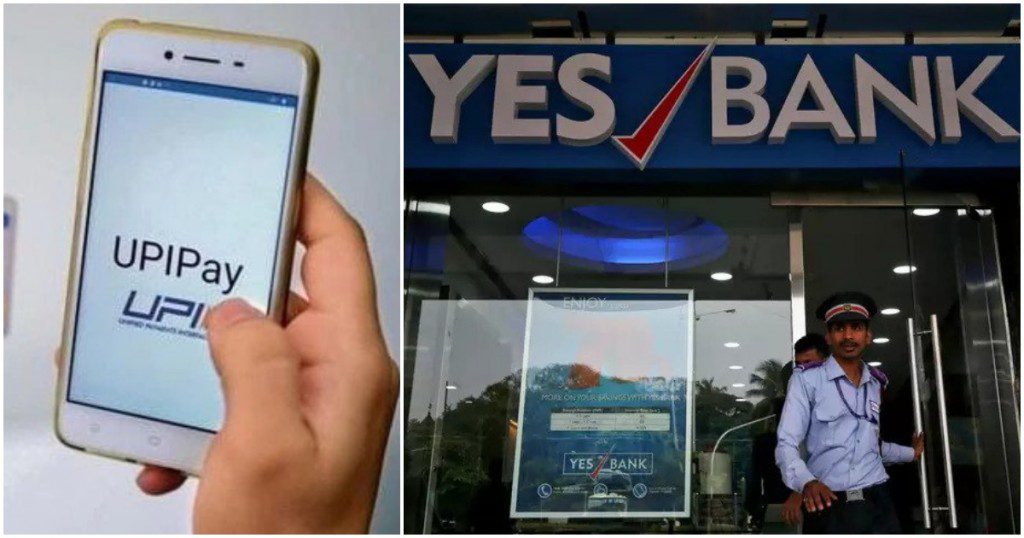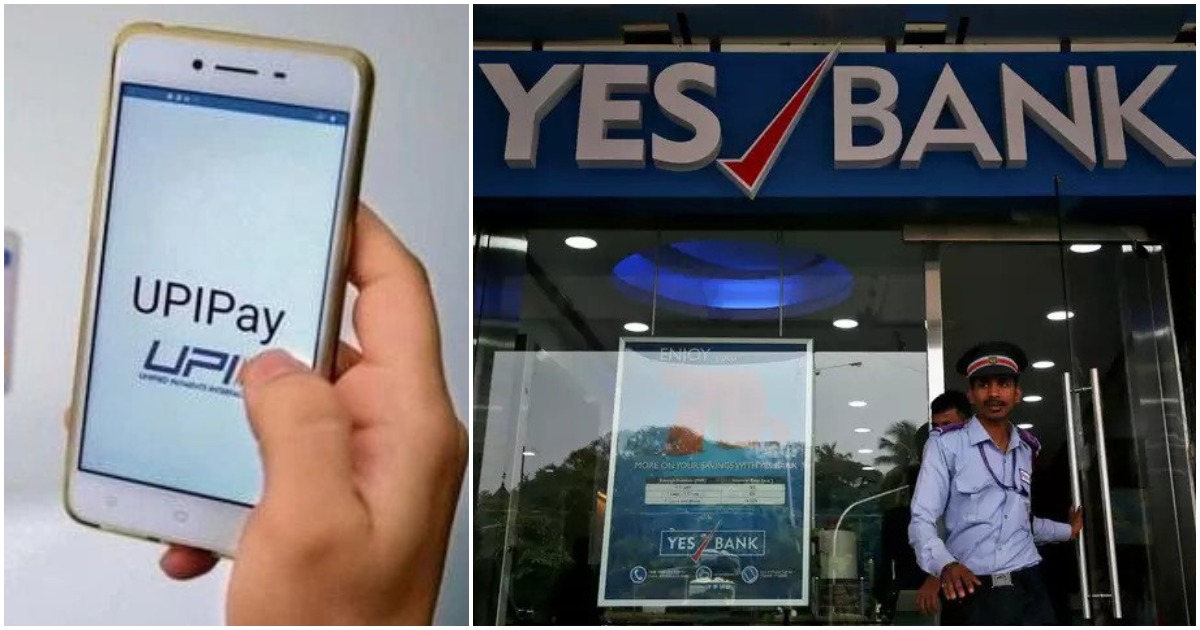It was believed that UPI was a fairly decentralized payments system — with more than 40 apps all running over the UPI interface, and several different banks involved, it was believed that UPI was fairly protected from any single point of failure. But yesterday’s Yes Bank crisis has shown how fragile India’s hottest new payments method might be.
UPI payments fell 40 percent on the day of the Yes Bank crisis, reports ET. On Friday, the Reserve Bank had imposed restrictions on Yes Bank which disallowed customers from withdrawing more than Rs. 50,000 from their accounts. It also stopped transactions flowing through the bank, which impacted one of India’s largest payments apps, PhonePe, which used Yes Bank as its banking partner. PhonePe, which processes 20 million transactions on an average day, was down for most of Friday, with peer-to-peer payments, online merchant payments, and in-store QR code-based payments all hit.

Yes Bank was a major cog in the UPI machine — in January, it had processed 39% of the 1.3 billion UPI transactions in the country. A large chunk of these were contributed by PhonePe, which clocked around 570 million transactions. Other tech platforms that used Yes Bank, such as food delivery application Swiggy and B2B commerce player Udaan, saw failures on Friday in their UPI payments options. Flipkart and MakeMyTrip too had partnerships with Yes Bank for UPI payments, and were impacted as well.
To their credit, PhonePe managed to get their systems up and running fairly quickly — late Friday night, PhonePe said that all its services were operational, which would perhaps mean that on Saturday, UPI payments should limp back to normal. PhonePe has switched its backend from Yes Bank to ICICI Bank, while still retaining the @ybl Yes Bank UPI handles. BharatPe, which provides QR codes to merchants to enable them to accept UPI payments, says it has put a fleet-on-ground team to replace QR-codes provided by Yes Bank with those issued by ICICI Bank. BharatPe said that 20 percent of its QR codes were issued by Yes Bank.
Frenetic Friday is now over for India’s fintech firms — Twitter is inundated with stories of fintech companies working round-the-clock to get their systems back in place — but the crisis would likely have revealed some fault lines in India’s homegrown payments system. UPI was an experiment until a few years ago, but is now India’s most popular payments platform — it processes more transactions than either credit cards and debit cards at this point. One would hope that India’s fintech ecosystem has learnt some lessons from the Yes Bank fiasco, and going forward, UPI will be stronger for it.
